The lower the layer on the pyramid of needs is, the more important it is for person’s resilience; however, all layers of the networking stack are equally important for the resilient Internet. In this instalment of the series, Vesna Manojlovic connects the Layer 4 and the need for esteem.
The most famous practical implementations of the theoretical OSI Layer 4 protocols are TCP (connection-oriented, using “handshake dialogues” such as SYN-ACK) and UDP (based on datagrams, lightweight).
“I thought about telling a good UDP protocol joke... ... but you might not get it.”
“I could tell you a joke about TCP, but I'd have to keep repeating it until you got it.”
“Due to Coronovirus, all TCP applications are being converted to UDP to avoid Handshakes…”

Here's one more alternative self-care "handshake": a hand-massage technique called "maozada" (wiki, with the PDF available). It is safe to do within your corona-pod (family, good friends), and otherwise please read their COVID notice.
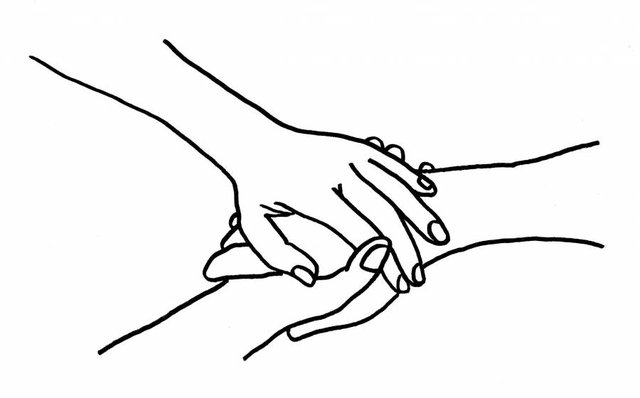
Boundaries vs Burnout
The link between Layer 4 and "esteem" for me is an ACK, which stands for Acknowledgement.
Wikipedia’s article about Maslow’s method describes esteem in two ways, as "the need for respect from others, and the need for self-respect”. I'll get to self-esteem as a part of self-actualisation in the article about Layer 7. Today I want to focus on the the workplace: this is where most of us in the RIPE community find the source of esteem: “status, recognition, fame, prestige, and attention.”
If we are lucky, we work in a healthy workplace, get along with our colleagues, give and receive respect, and also have a good balance between work and personal life. If we are unfortunate, one of the consequences can be a burnout: if our need for esteem results in an increasing effort to achieve more and more, taking more responsibilities, worrying about our reputation, searching for acknowledgement…
Here are some of the older videos and podcasts on how to prevent the burnout, or how to deal with it once it takes hold:
- Burnout and the Cult of Busy - Caroline Moore, OSFeels 2016
- On Workplace Depression, Dr. Sara Evans-Lacko, Jul 2018, London School of Economics
- Pointless labour, digitisation, and the revolt of the caring classes - David Graeber (podcast), Oct 2018, LSE
- Working in a toxic environment - Erik Bais, Sep 2019, NLNOG
One antidote to burnout could be to set stronger personal boundaries: learning to say no. The TCP “connection termination” diagram illustrates how to do that:

Call to (in)Action: DO LESS!
Of course, it’s not only our fault that we took on too much work: there are also systemic reasons for burnout. In addition to the long-standing socio-economic inequalities, biases and oppressions, in 2020-2021 we also had to deal with the global COVID-19 epidemic. In order to remain resilient, as a person and as a community, I am joining many other artists, academic and experts in a call to you to DO LESS!
- Why You Should Ignore All That Coronavirus-Inspired Productivity Pressure - Dr Aisha Ahmad (article), March 2020
- "On the other side of this journey of acceptance are hope and resilience."
- The rest cure challenges cherished myths about work and productivity - Alicia Puglionesi (article), August 2020
- (in Dutch!) Burn-out? Wat kun je er aan doen? by four coaches (video) Sep 16, 2020
- A World Without Work? - Aaron Benanav (article), Fall 2020
- automation? or deindustrialization, depressed investment, and ultra-wealthy elites who stand in the way of a post-scarcity society.
- How I Learned to Stop Worrying and Love Doing Less - Deb Nicholson (video), FOSDEM2021
April 2021 Articles:
- How HubSpot Service Reps Prevent Burnout - Flori Needle, HubSpot
- How to Find Your Balance By Saying No - TechLadies
- We All Hit a Wall - Sarah Lyall, The New York Times
- Confronting late-stage pandemic burnout, with everything from edibles to Exodus.
- When it Comes to Problem Solving, Less is More - article about paper by Gabrielle Adams et.al.
You might notice that this fifth article in the series on resilience is much shorter than my previous four. That’s because I decided to take my own advice of burnout prevention and meet my need for esteem in being satisfied with a good enough result, without aiming for over-achievement.
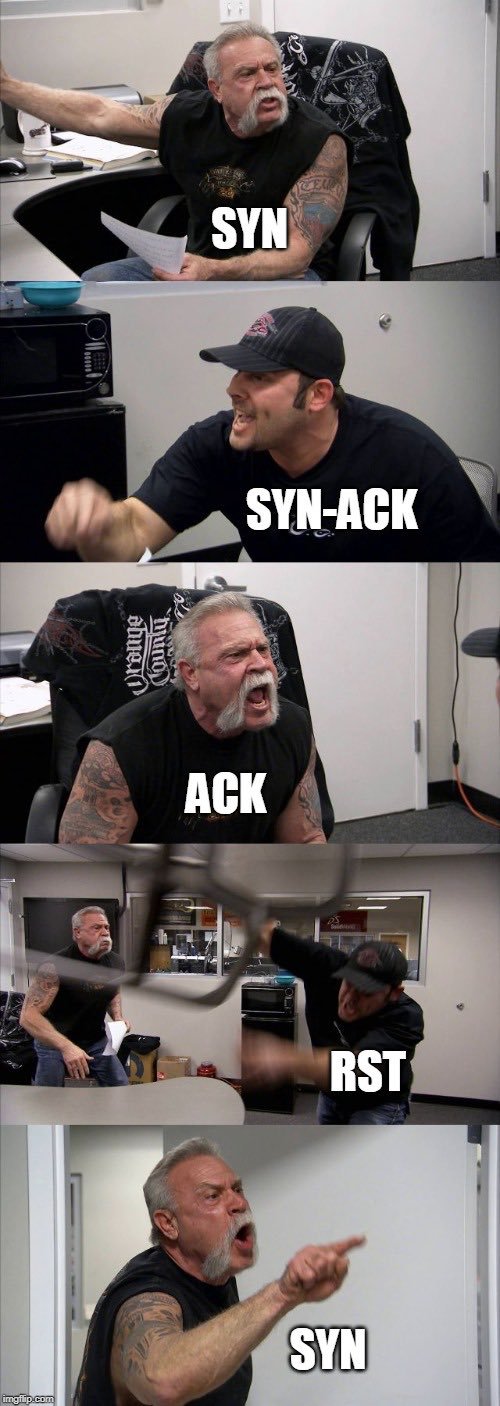
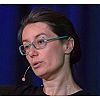

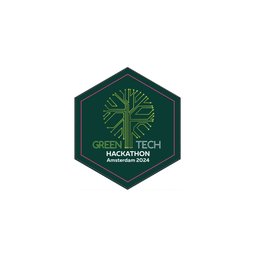

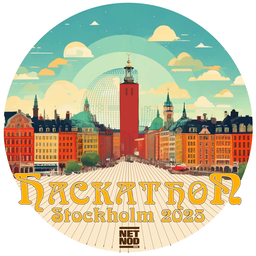
Comments 0
The comments section is closed for articles published more than a year ago. If you'd like to inform us of any issues, please contact us.